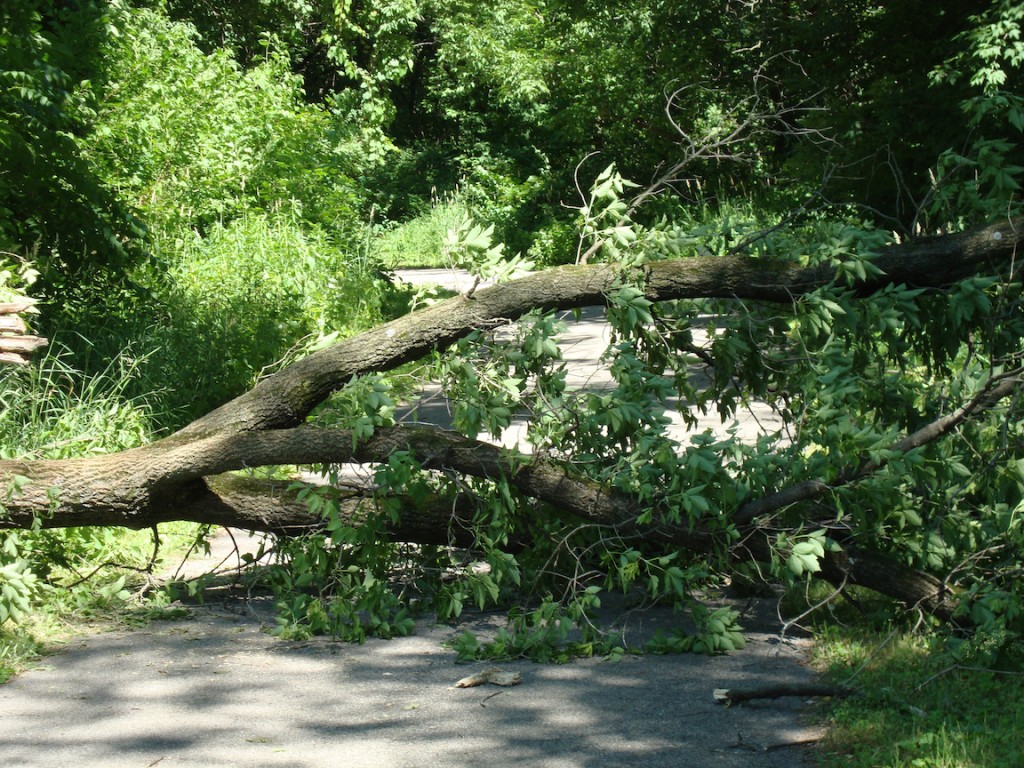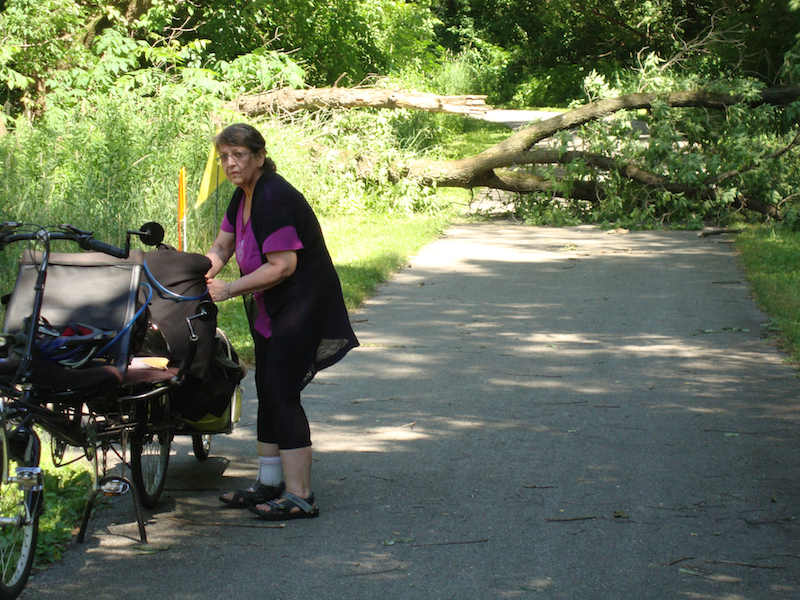I put up a new banner image tonight. RoZ is sitting next to the Firehole River in Yellowstone National Park in an image captured exactly ten years ago (give or take a day). At this time in 2001, we were finishing a road trip of a lifetime through the western United States, and we would soon be preparing to spend two months in Europe.
In the coming weeks and months, we will release a new project that will tell a much more complete story of this life-changing experience. Until then, the web site we published while we were in Europe is still online, but that will also be incorporated into this new project. Stay tuned.
Twenty years ago this summer, in 1991, I was living in my step-van in Austin, Texas, slowly getting back onto my feet after leaving a commune I had been with for the previous thirteen years (yet another story that’ll be told in full, someday).
Thirty years ago, in the summer of 1981, I was living in Isla Vista, California (the student ghetto of UC-Santa Barbara). I was essentially in exile from the commune, but I had my own bike, a PO box, food stamps, a place to keep my stuff, a cozy place to sleep in a secluded piece of an overgrown park, but no roof.
Even though I was essentially homeless for about six months, I have fond memories of that summer. It helps that it never rained. But I also became part of a whole community of young hippies that populated the low-rent houses of the neighborhood, and together we participated in the Diablo Canyon blockade, one of the biggest anti-nuclear actions ever conducted.
The summers of ’91 and ’81 could be considered traumatic life-changing events, but in retrospect they were memorable and enriching experiences. The summer of 1971 was spent recovering from physical trauma: a serious bicycle accident that had me in the hospital for a few days in June and licking my wounds for the rest of the summer.
I don’t know what kind of life-changing event – if any – 2011 will bring. I’m willing for this year to be the one that breaks this decennial pattern, but if something big happens this summer, I hope it’s something good.








